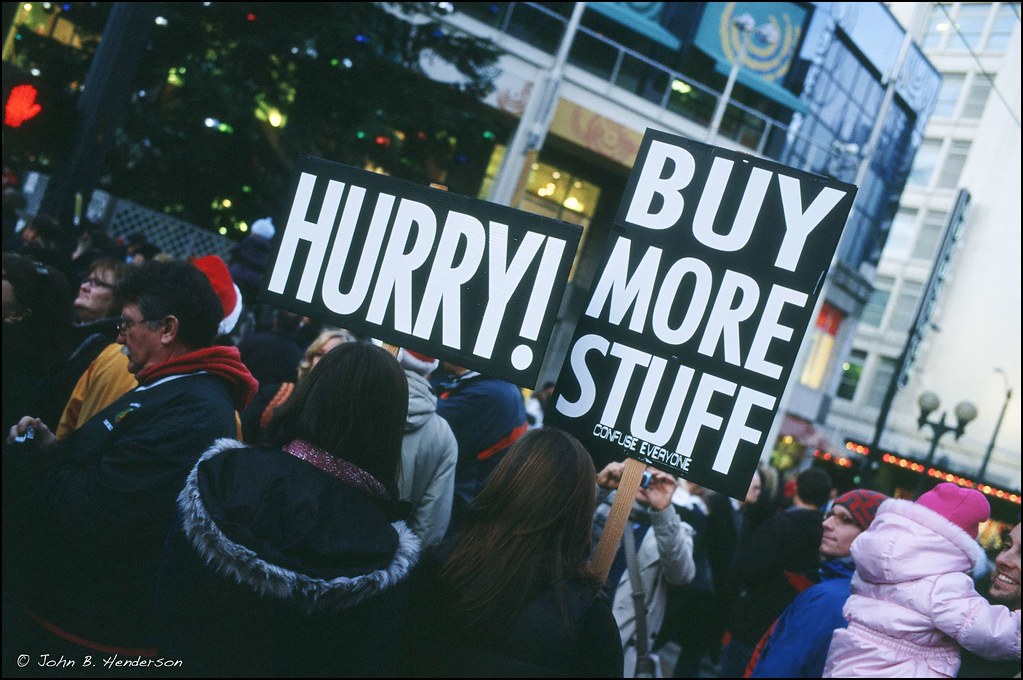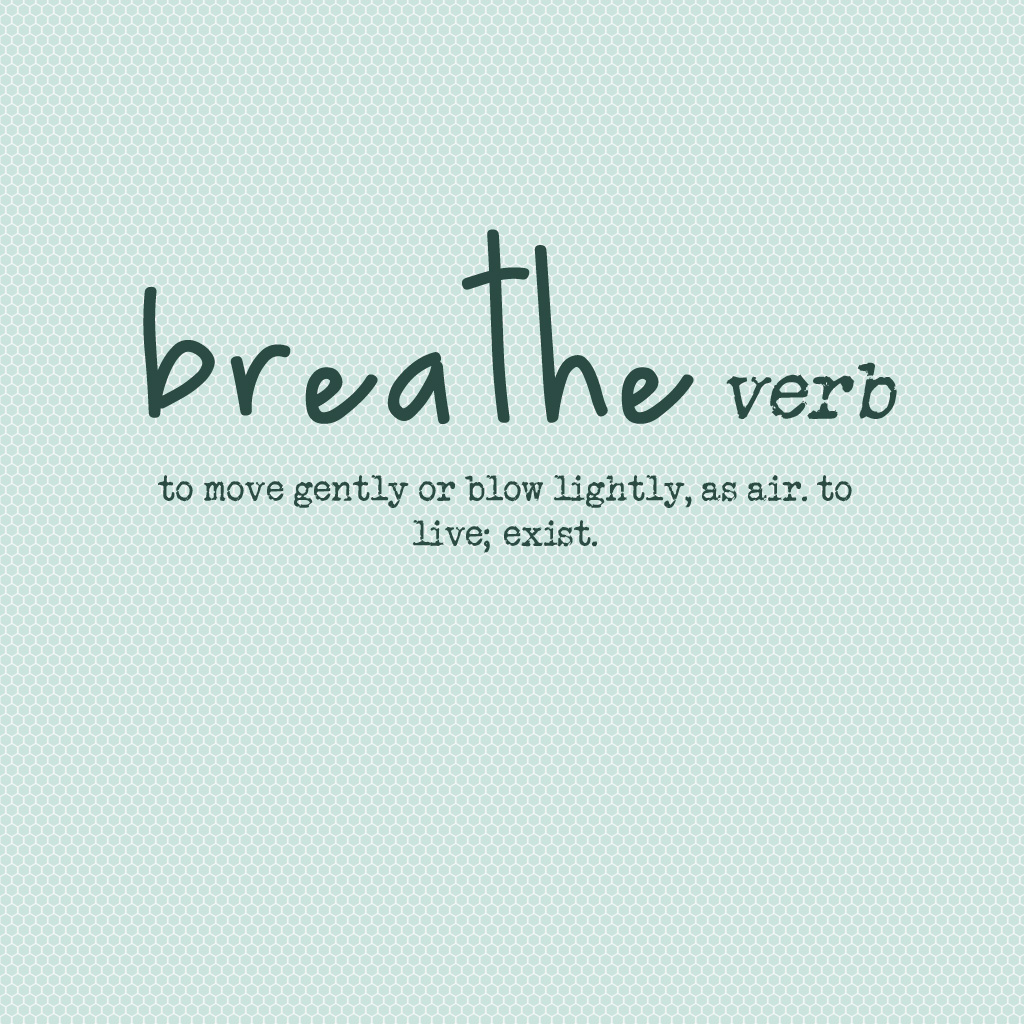Recently, I was asked to assess the climate of a local school in preparation for the leadership team’s implementation of professional development that would have profound impact on the pedagogical and technological environment of learning. I walked the campus, spent time with the teachers, observed lessons and students and most importantly, I listened to the language being used. What was the word choice of the adults, what beliefs did it carry about learning and more importantly the students they were serving?
There was love present to be sure, in the humorous jostling of students who were late, the ones who were sleepy and wanted to take a nap and in general between the students and teachers there was little hostility. Until the lesson on social media came up and then the tone shifted. Teachers and teacher-aides were condescending of student use of social media. The adults chided the students for not knowing how to communicate anymore, for being attached to their devices, more importantly, conversation stopped and communication became one-way as teachers became the dominant voice in the classroom and students silently sat taking in the obviously biased view of them as incompetent in communication.
Communication is key to strong human relationships. And with the rise of social media and technology communication has shifted drastically for everyone.
Technology is the perfect amplifier that has uncovered many voices, even those we hope to keep quiet and in the dark. The voices of our deepest fears and our most guarded secrets have now been exposed to the light. We’ve seen this in particular with social media. In 2013 when the first Hunger Games movie came out and one of the most beloved characters, Rue, was cast as a young black girl, social media went wild. Tweets flooded the internet decrying, “why does rue have to be black not gonna lie kinda ruined the movie” and “Kk call me racist but when I found out rue was black her death wasn’t as sad” and on and on.
These sentiments have always existed, just underground and unexposed. To say social media or
technology is why this is happening is to defer the attention from the real, hard issues we are facing in society, in this case racism. These are issues that have never been dealt with well and with meaningful dialogue in public spaces. Technology is changing this and bringing up opportunities for difficult conversations. Stepping up to this opportunity will create profound shifts in our society; doing this globally is a challenge.
Education is no exception to this shift in culture. Schools are shapers of culture and in an ever advancing civilization, this shift is both profound and deeply challenging. Schools not only react to the cultural shifts happening around them, they actively drive the culture forward.
In an attempt to embrace the profound shifts happening in society, education is making technology one of its central players in learning. This also inadvertently brings in all the issues society is trying to grapple, by amplifying these voices in the classroom. This, in turn, brings up the issue of access and voice - who gets technology and whose voices are heard? The discussion on access is broad and long with many players and entry points. In this article, my focus will be on providing access through a lens of equity. How do we address access with equity in mind?
Addressing access requires a two-pronged approach focused on technical and cultural change. Both of these require a new mindset where we question our preconceived notions, adapt our perceptions, and reexamine our biases.
Questions we need to ask are: When we work with students who are low income, do we see their lack of resources as a deficit and their families unable to provide for them? When we work with students of color, how do sub-conscious biases show up in our expectation of student learning and behavior?
For example, with Asian students, is there an assumption they’ll be good at math? Black students disruptive? Native American students environmentally conscious? How do our perceptions of different student groups get in the way of serving our students equitably? Are our assumptions of their use of devices congruent with our biases?
Do we draw unfair conclusions about students of a particular socioeconomic status or ethnicity or family structure -- and do these conclusions impede our ability to act fairly and effectively to increase access? Whereas if they were not low income, might we perceive them as school ready with greater access to resources? If they were not a student of color, might our biases about them not inhibit their educational experience (i.e. Asian students are naturally good at math and computer science, African-American students disproportionately being placed in special education, etc.)? How does any of this impact access to technology?
Biases and perceptions drive decision-making. They impact the opportunities we give our students to engage with technology, inhibiting how we prepare them with skills for the 21st century.
For those of us in education checking our perceptions is key; we hold the lives of children in our hands. Often, in working with districts, I am told that the population they serve is low-income, and therefore there is no way they can afford to buy their students devices or get high-speed internet connectivity. Again, perceptions drive behavior and decision making.
I come from a strong communal immigrant background on my father’s side of the family. I remember when one of my cousins needed something for school my aunt would call my father who would then call my uncle and so on, until all the adults had been consulted and it was agreed who would contribute what. Whatever it was that my cousin needed, it was purchased by everyone. Surely, my family was below the poverty line, but it didn’t matter. Education was a priority and when something was needed, the family (and community) would come together. While my family was perceived as unable to pay for educational materials, they found a way, because they understood the urgency and the need behind the materials that were needed for my cousin’s education. Had the school invited my family to the decision making table about materials students will need and why they will need them, they would find that low income families are more than willing to step up to the opportunity to participate and support schools in the decision making process. We continue to miss these opportunities in education because of our perceptions and biases.
Often in education we solve problems through the dominant culture of our schools. In the United States, this is predominantly a white middle-class lens. But when applied to situations where communities solve problems differently, that lens may give a distorted picture. What looks like a below-the-poverty-line income in one family, is actually not when all family members ally forces as mine did. Every community is unique and it's important to make sure we check our perceptions at the door, and include them in the decision making process.
If families and students continue to be perceived through our biases, they may not be given the opportunity to use technology and thus participate effectively in these conversations, and we need everyone at the table to grapple with these most profound and painful elements of our society. We
cannot afford to continue shaming students in their use of technology and social media, derailing their education with punitive measures that only drive the behavior underground - lives are at stake. We need to shift our belief system and truly follow our motto: every student matters.
cannot afford to continue shaming students in their use of technology and social media, derailing their education with punitive measures that only drive the behavior underground - lives are at stake. We need to shift our belief system and truly follow our motto: every student matters.
We cannot afford to miss these opportunities for empowering student voices and their families in schools. We must learn to have brave conversations about race, gender, income disparities and the false perceptions we carry about each other. Where else should we have these conversations but in our schools where learning is core to its existence?
Creating equity in access isn’t monetary; at its core, it’s a belief.




























